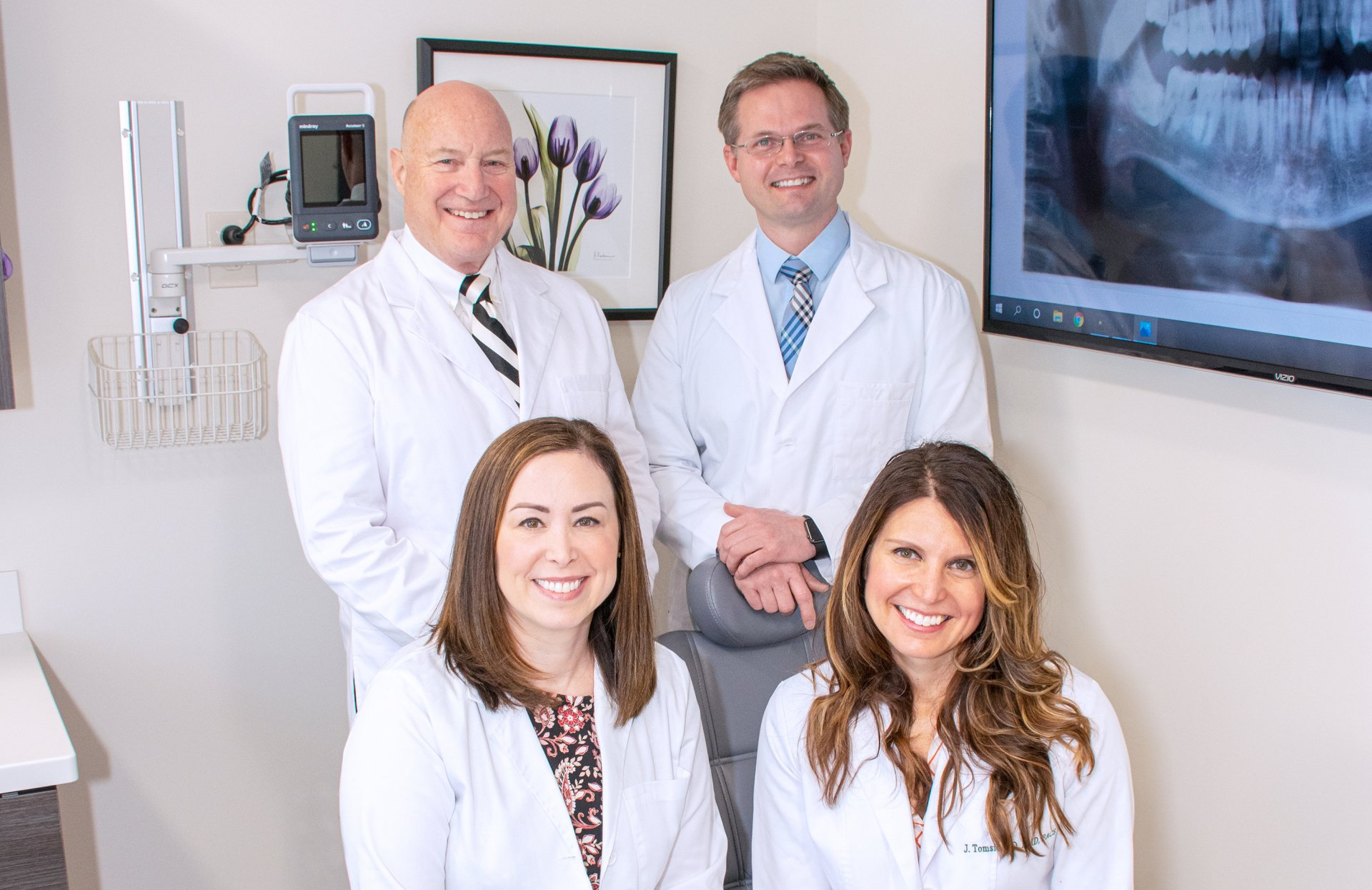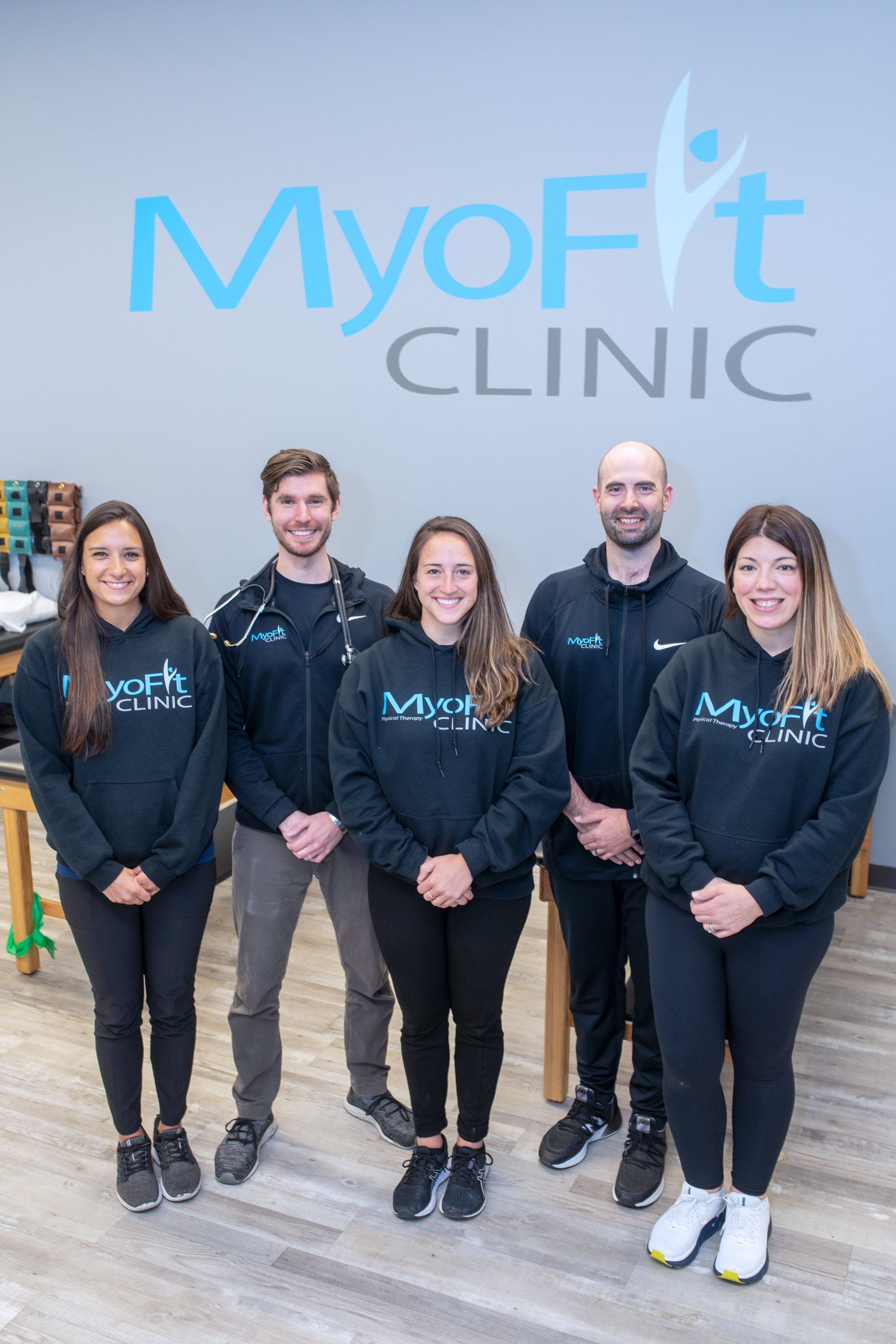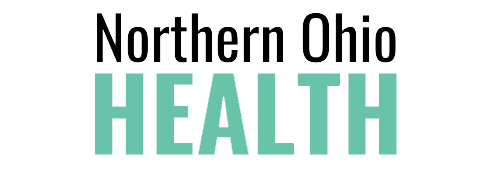Taking Care of Your Second Heart
Mitch Allen • May 7, 2021
Doctors call the calf muscle “the second heart” because it helps pump blood up and out of the lower legs. Here’s why strong calf muscles are essential to healthy veins.
If your feet are tired at the end of the day or if you find yourself having to stop and rest while shopping or doing other activities, you may be suffering from a circulatory issue, and that can affect your entire quality of life, says Dr. Sonja Stiller, a double board- certified physician and the founder of Mentor’s Center for Advanced Vein Care.
That’s one reason she has dedicated her practice to helping her patients be more active.
“When we stop moving, our muscles decondition and are not as strong,” she explains. “Weak muscles decrease your venous return, which means your blood has a hard time returning to your heart and tends to pool in your lower legs. That causes pain and swelling, but it also causes metabolic waste—toxins—to build up in your legs.”
Toxins?
Dr. Stiller. “But the blood returning to the heart contains waste collected from our cells. In other words, our body uses our veins to help ‘take out the trash,’ and if our veins aren’t functioning properly, the trash builds up inside of us causing inflammation, pain, fatigue and more.”
One of the best ways to help your body “take out the trash” is to have strong calf muscles.
“Physicians call the calf muscle the ‘second heart,’” says Dr. Stiller. “The calf acts as a pump, returning blood up and out of the lower legs back to the heart. Having weak calves is like having a weaker heart. That’s why it’s so important to keep moving, to stay active.”
Center For Advanced Vein Care employs many of today’s most advanced treatment options for varicose veins, including radio frequency and laser ablation, ultrasound- guided sclerotherapy, and newer medical adhesive ablation (glue) that reduces or eliminates the compression stocking requirement.
But the cutting-edge center also focuses on healing from within, making recommendations that go beyond traditional varicose vein treatments, including lymphatic massage, pulse electromagnetic frequency devices, and lifestyle adjustments.
“We help patients increase calf muscle strength by working with them to do specific exercises that are right for them,” she says. “This may include exercising with bands, moving up and down on your toes, or doing a walking regimen that gradually increases over time. We do everything we can to increase leg muscle strength.”
Nearly 1 in 4 adults suffer with venous disease, including half of all adults over age 50. And while many people still believe that varicose veins are mainly a cosmetic concern, they are often a serious health issue resulting in chronic leg pain, fatigue, itching, burning, restless leg syndrome, leg cramps, swelling, inflammation, and life- threatening blood clots.
According to Dr. Stiller, one of the biggest risks of venous disease lies in family history. “There are lifestyle changes we can recommend to prevent venous disease, but there is nothing we can do about three of the biggest causes—gravity, aging and genetic predisposition,” she says.
If one or more of your close family members suffered or is suffering from varicose veins, there is a higher likelihood that you will, too. If you have a family history of venous disease and/or if you are experiencing any of the symptoms above, it’s a good idea to get checked out now.











